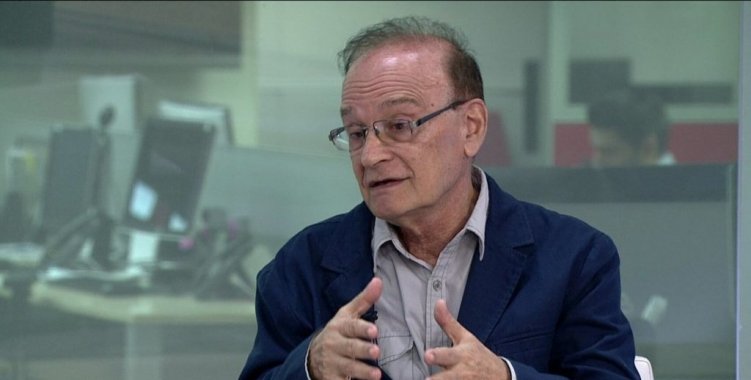"African elites have betrayed their peoples and, based on identity discourses, maintain colonial policy", aggravating inequalities between their populations, said Jonuel Gonçalves to the Lusa agency, regarding the launch of his work "Africa in the World - Free" das Imposturas Identitária ", which reaches bookstores in Portugal, in a publication by the publisher" Guerra e Paz ".
"There is only one difference: it has changed the color of the privileged," he added.
With the exception of countries like Mauritius, Cape Verde or Namibia, the economist argued that most of the African continent "remained exactly the same" after the colonial period, when "African economies were at the service of Europeans" in a " extractivism ".
Despite this, the writer stressed as positive the emergence, on the continent, of large mass resistance movements and the creation of many non-governmental organizations of which "governments are very afraid".
"Democracy requires a material basis. If there is a lot of freedom and people remain poor, democracy ends up suffering from it," he said, pointing to the example of Angola, where, in a context of greater civil liberties, the opposition is growing, mainly because young people, to the Government of President João Lourenço.
The decapitalization of the country, a very low level of investment with the stoppage of several sectors and the inability to diversify an economy based almost exclusively on oil is leading to the worsening of the degradation of the living conditions of the populations.
"Youth are all critical of the Government, which is positive in terms of the future, but it can be a factor of conflict in the short term", he estimated, noting that, of the 54 African states, 45 are experiencing similar situations.
Jonoel Gonçalves argued that "freedom of expression has increased and the population is living worse."
"Africa in the World - Free from Identity Impostures", the economist's fourth work, is an essay on "a revolted Africa", which points out the dangers of the continent's "tribalist" discourses, denouncing ethnic and identity theories as "sophisticated and current "old" racist speeches.
"The notion of identities has become the current scholarly discourse that replaces the great racist discourse," he said.
For the author, these are "ideological disguises" that "exacerbate differences and separatisms to the detriment of human affinities, serving dictatorial projects".
Jonuel Gonçalves said that "it is in fact a great sham [falsehood] that ends up creating a 'ghetto' culture that distances Africa from contact with the world".
"Of course, people who talk a lot about 'ghetto' identities have a kind of life that has nothing to do with it. They dress like in the West, they use Western cars, they live in big apartments, they embezzle money. There is this contradiction The identity is identity in the speech, but not in everyday life ", he added.
As a result, it is the continent that pays the bills for delay, repression and subordination in relation to other areas of the globe.
For this reason, defended the writer, Africa must integrate itself in the world "in terms of equality", underlining the great contribution that the continent can make to solve the current crisis of democracy in the world.
"Africa is a continent full of experience. Fighting for democracy in Africa is no joke, it is life-threatening and people continue to struggle and this is an area where it is important to insert Africa into the world dialogue", he said, noting that "the most of the struggles for democracy in the world today are taking place in Africa ".
Jonuel Gonçalves also pointed out the use of identity theories by European far-right groups and their consequences for Africans and their descendants, who are the target of discrimination and who are denied citizenship rights.
"The French extreme right is the one who is making the most progress, but the one that is being formed in Portugal will also follow this path," he said.







